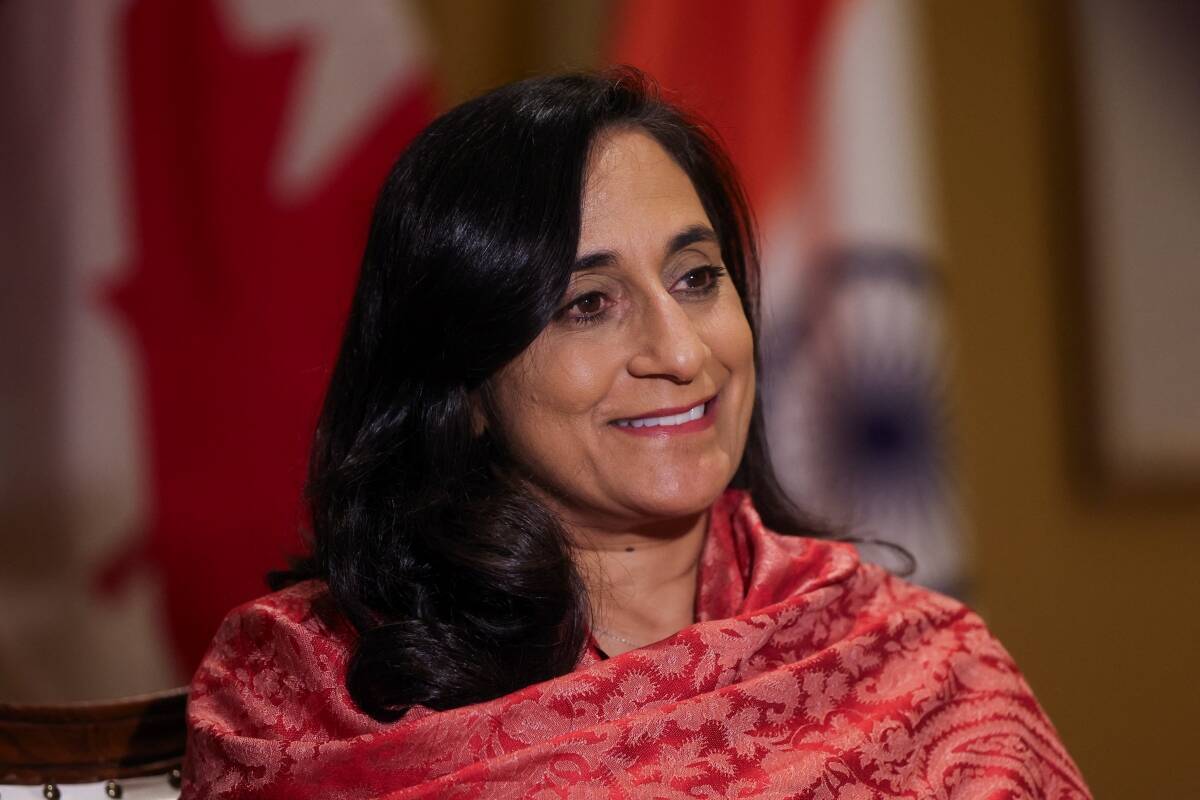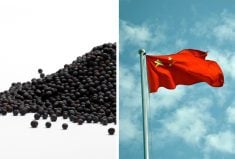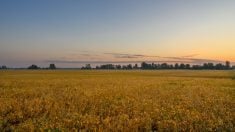SAO PAULO (Reuters) — Brazil’s Rural Society of landowners filed a case with the country’s Supreme Court on Thursday seeking to overturn restrictions on the amount of land foreigners can purchase.
The attorney general’s office tightened restrictions on foreign land ownership in Brazil in 2010, an action that officials privately said was mostly aimed at restricting China’s access to untapped farmland in the country, the world’s No. 2 soybean producer.
Gustavo Junqueira, president of the Rural Society, said that in trying to reverse the 2010 land restrictions the society did not seek to allow the purchase of large swathes of land by countries like China or by sovereign wealth funds.
Read Also

Canada and China discuss disputes over canola and EVs, says Ottawa
Senior Canadian and Chinese officials discussed bilateral trade disputes involving canola and electric vehicles on Friday, Ottawa said, but gave no indication of any immediate breakthrough.
“We want people, investors and companies linked to agriculture to have the right to invest,” he said in an interview, adding that existing laws would prevent the concentration of large quantities of land in the hands of a single owner.
The Rural Society argues the 2010 restrictions violate Brazil’s constitution.
Brazil’s land reform agency Incra is allowed to approve sales of small parcels of land to non-Brazilians, but it has been slow to do so. Incra approved the first such sales in September 2013, three years after the new rules were applied.
Sales of properties larger than 24,710 acres require approval from Congress.
Junqueira said Brazil had forfeited billions of dollars in investments in sugarcane mills and pulp plants because of the restrictions, which also raised questions about existing land titles.
“There are companies that bought land in the 1980s and are worried about this, wondering if they should write off the property,” he said.
Although the 2010 regulations made foreign investors more cautious, they have not prevented them from coming to Brazil. Many have teamed up with Brazilian nationals to buy properties or have been leasing rather than purchasing properties.
The creation of joint ventures and holding companies resulted in even more confusion, Junqueira said, because the true owners of Brazilian properties can be hidden.
He said the restrictions also affect sectors like mining, real estate and automakers that require rural property and it hoped other groups would file complementary lawsuits.
Brazil’s association of planted trees (IBA), which represents wood, pulp and paper companies, said in a statement it supported the case because its members needed consistent rules and long-term investment.
A Supreme Court spokesman said the Court had received the case but there was no date set for its judgment.














